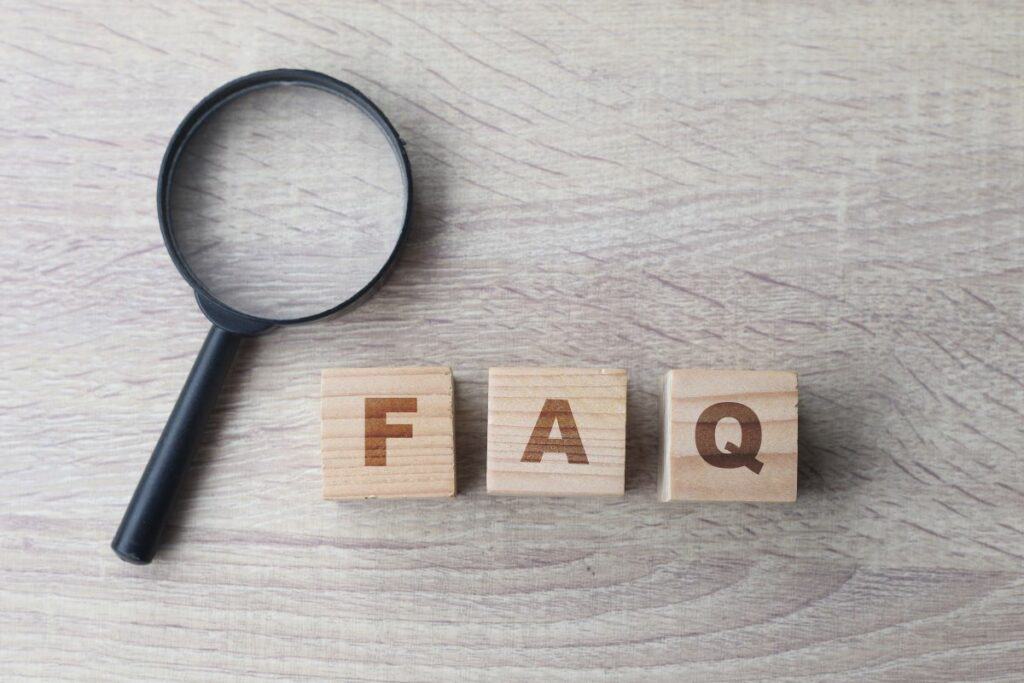An LCSW, or Licensed Clinical Social Worker, represents a specialization within the field of social work that focuses on providing mental health services.
To become an LCSW, a candidate must hold a master’s degree in social work (MSW) from an accredited institution and complete a requisite number of supervised clinical hours.
Licensed Clinical Social Workers play a crucial role in supporting individuals, families, and communities through a range of therapeutic interventions.
Explore emotional well-being with BetterHelp – your partner in affordable online therapy. With 30,000+ licensed therapists and plans starting from only $65 per week, BetterHelp makes self-care accessible to all. Complete the questionnaire to match with the right therapist.
Understanding LCSW

The Licensed Clinical Social Worker (LCSW) is a professional role that signifies an individual has met certain education and experience requirements in clinical social work, allowing them to provide mental health services.
They have undergone rigorous training and licensure examinations to ensure competency in their field.
Role and Responsibilities
An LCSW is tasked with various duties that center on offering mental health care. They:
- Conduct assessments and diagnose mental health conditions.
- Develop and implement treatment plans.
- Provide psychotherapy and counseling.
- Advocate for clients and connect them with community resources.
- Maintain confidentiality and adhere strictly to ethical standards.
Comparison with Other Mental Health Professionals
While the LCSW shares similarities with other mental health professionals, there are key distinctions in their scope of practice:
- Unlike psychologists, LCSWs may not conduct certain psychological tests.
- Psychiatrists are medical doctors who can prescribe medication, which LCSWs cannot.
- LCSWs emphasize a person-in-environment perspective, focusing on both individual issues and systemic factors.
Pathway to Licensure

Achieving the designation of a Licensed Clinical Social Worker (LCSW) requires fulfilling stringent educational and training criteria.
It is a process that ensures social workers are equipped with the necessary skills and knowledge to provide the highest standard of clinical services.
Educational Requirements
To embark on the pathway to LCSW licensure, one must first obtain a Master of Social Work degree from an accredited institution.
This advanced degree encompasses both theoretical and practical elements of social work, preparing graduate students for the complexities of clinical practice.
Supervision and Training
Post-graduation, aspiring LCSWs must complete a period of supervised clinical experience.
This experience is a crucial component, typically involving 2-3 years or 3000 hours of supervised training. During this time, candidates develop their clinical skills under the guidance of experienced LCSWs.
Examination
Once the educational and supervised training requirements are met, candidates must pass the Association of Social Work Boards (ASWB) Clinical Exam.
This standardized licensing exam evaluates a candidate’s mastery of social work practices and their readiness for clinical work.
State Licensing
Each state has specific licensure requirements and processes.
Candidates must apply for licensure in their respective state, which includes furnishing proof of their education, supervised experience, and successful completion of the ASWB clinical exam.
It’s essential to adhere to the particular state’s licensing board regulations to achieve LCSW status.
Scope of Practice

The scope of practice for a Licensed Clinical Social Worker (LCSW) is multidimensional, addressing various aspects of mental health care.
They are equipped to assess, diagnose, treat, and provide interventions in a healthcare environment.
This spans several critical functions, from clinical assessment and diagnosis to crisis intervention.
Clinical Assessment and Diagnosis
LCSWs are trained to conduct thorough assessments of mental health conditions, wherein they gather patient history, present symptoms, and perform evaluations to diagnose psychiatric disorders.
They use standardized diagnostic tools and clinical observations to identify mental health issues and determine their impact on an individual’s well-being.
Treatment Planning and Implementation
Upon diagnosis, LCSWs develop structured treatment plans tailored to each client’s needs, focusing on achievable therapeutic goals and objectives.
They implement these plans by coordinating with other healthcare professionals to deliver comprehensive care that can involve a variety of treatment modalities.
Counseling and Psychotherapy
A primary function of LCSWs is to provide psychotherapy and counseling services.
They employ evidence-based therapeutic techniques, such as cognitive-behavioral therapy (CBT) and dialectical behavior therapy (DBT), to assist individuals, groups, and families in coping with mental health issues.
Crisis Intervention
In times of acute psychological distress, LCSWs swiftly engage in crisis intervention.
They quickly assess the situation, provide immediate support, and devise short-term strategies to ensure the safety and stability of the individual in crisis, all while maintaining a compassionate and nonjudgmental stance.
What is the Cost of Treatment With LCSWs?

The cost of treatment with Licensed Clinical Social Workers (LCSWs) can vary based on factors such as location, experience, and individual practice policies. LCSWs may charge fees per session, and these fees can range widely.
On average, session costs with LCSWs might fall within the range of $80 to $150 or more per session. However, it’s crucial to contact specific LCSWs directly to inquire about their fees and any potential sliding scale options or insurance coverage they may offer.
Keep in mind that costs may also depend on whether the LCSW is in private practice or affiliated with a mental health organization.
How to Find an LCSW?
To find a Licensed Clinical Social Worker you can use online directories such as Find-a-therapist.com. This platform allows you to search for LCSWs based on your location and preferences like your therapist’s gender, language spoken, or type of therapy.
Additionally, you can explore online therapy platforms like BetterHelp, TalkSpace, or Online-Therapy.com. These platforms may offer virtual sessions with licensed social workers.
Final Thoughts
Licensed Clinical Social Workers (LCSWs) are vital professionals in the realms of mental health and social services. They possess advanced clinical training and are qualified to assess, diagnose, and treat mental, behavioral, and emotional disorders.
Through their extensive training and experience, LCSWs tailor interventions that facilitate better adherence to medical regimens. Their involvement often spans different settings, including healthcare facilities, schools, and private practices.
Frequently Asked Questions

What are the primary responsibilities of an LCSW?
An LCSW, or Licensed Clinical Social Worker, typically engages in providing mental health therapy, offering counseling, and developing intervention strategies to support individuals, families, and groups.
They are often involved in case management, advocacy, and connecting clients with community resources.
How do the roles of an LCSW differ from that of an LMFT?
While both LCSWs and Licensed Marriage and Family Therapists (LMFTs) provide counseling services, LCSWs usually have a broader practice range, focusing on social services and case management.
LMFTs primarily concentrate on relationship dynamics and family systems.
What are the educational and certification requirements for an LCSW?
To become an LCSW, an individual must hold a master’s degree in social work (MSW) from an accredited institution, complete a specified number of supervised clinical hours, and pass a licensing examination.
Requirements for clinical hours and additional testing can vary by state.
Are LCSWs authorized to prescribe medication?
LCSWs are not authorized to prescribe medication as they do not hold medical degrees. Their expertise lies in therapeutic interventions, client advocacy, and community resource connection.






